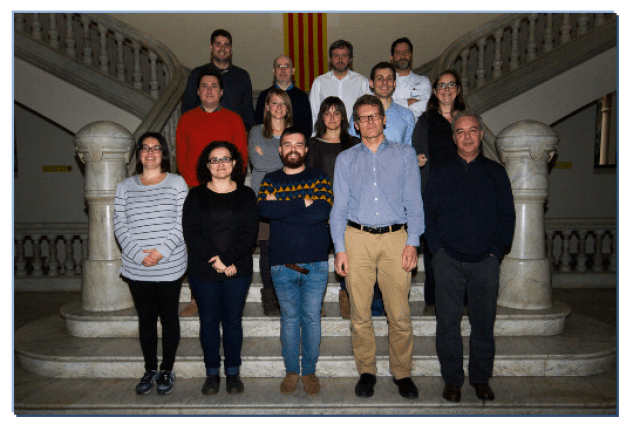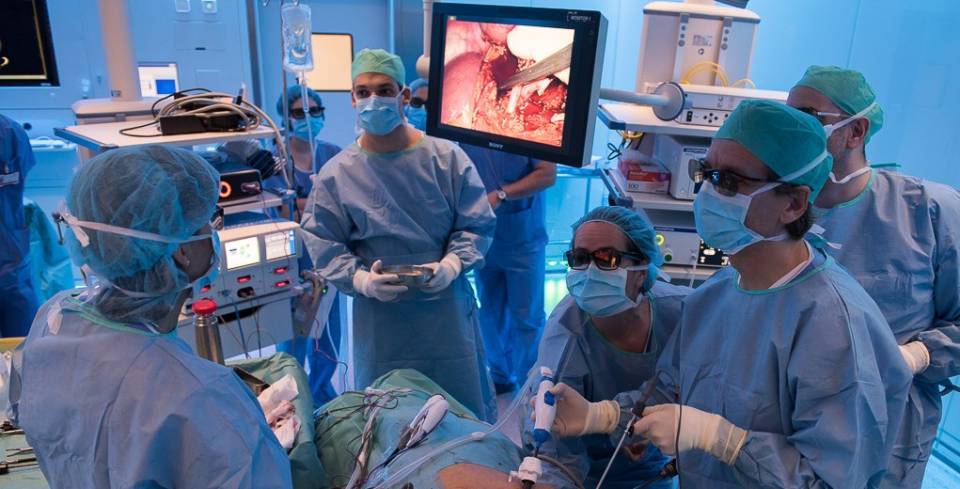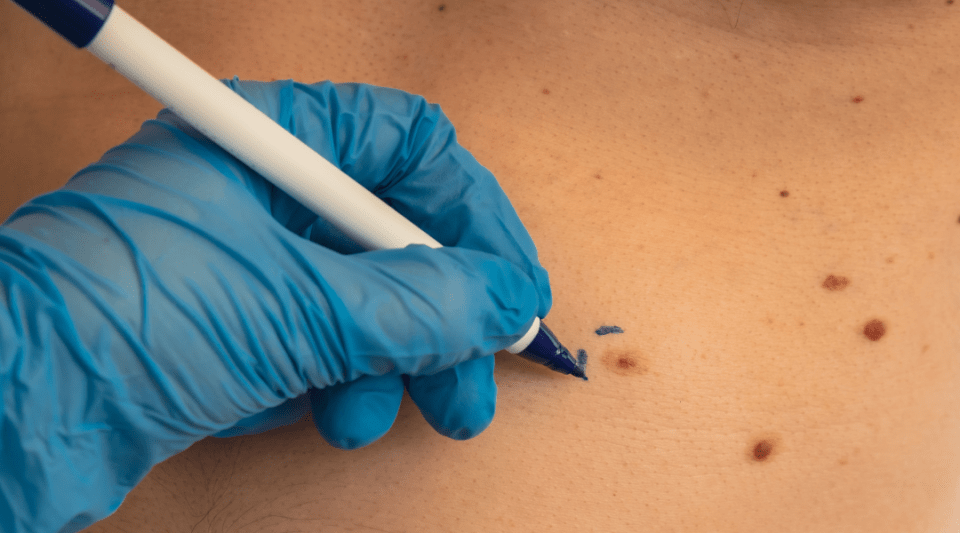A study coordinated at Hospital Clínic de Barcelona by Doctors Manyalich, Revuelta and Diekmann investigated which psychological risk factors influence the quality of life of people who have donated a kidney. The study involved the participation of six transplant centres in six different European countries, as part of the “European Living Donor Psychosocial Follow-Up Project (ELIPSY Project)”.
This investigation was recently published in Scientific Reports, one of the journals from Nature. In it, sixty kidney donors completed a battery of standardised questionnaires, which were used to measure the quality of life, mental health, coping strategies, personality and socio-economic status of donors. The objective was to determine whether donors experienced psychosocial changes, comparing their status before donation and a year afterwards, as well as the percentage of people who experienced these changes. Furthermore, they also had to take the health status of the recipient prior to the donation into account, and the result of the transplant.
The majority of kidney donors believed it was worth going through the donation process, and would repeat it if they could, or if it was necessary. Even so, a small percentage would find themselves exposed to emotional disturbances such as depression, anxiety and fatigue, above all if their interest in the donation did not receive a direct and favourable response. These findings show that there is margin for improvement in current practices, especially in terms of psychosocial evaluation and monitoring of organ donors. On the other hand, it highlights the importance of responding to all the donor's potential doubts, and ensuring they feel prepared for the donation.
The study detected very little difference in the parameters analysed in donors compared to the general population, with very positive results in all questionnaires. Even so, there was a subgroup of donors, 28% of the total analysed, in whom a potential risk of reduced quality of life was detected in the first year following donation. This subgroup included people with more fear of losing the recipient if the kidney transplant was not carried out, and those who felt a greater commitment to preventing their suffering. It was this subgroup that expressed a feeling of needing more information about the donation and the surgery, which could increase the risk of worsening their psychosocial situation after the donation. Fear of losing the donor was also higher.
Previous studies available on psychosocial results in kidney donors tend to be retrospective, in other words, there is no monitoring. Furthermore, they tend to be done at a single health centre, and are usually based on professional opinions rather than standardised questionnaires. For this reason, their conclusions may be more limited. Meanwhile, this work presents added value, due to being a prospective study, with medium-term monitoring, involving multiple centres in different European countries.
This investigation, led by Dr Ana Menjívar and Dr Xavier Torres, and directed by Dr Ignacio Revuelta, has contributed to improving the process of living organ donation at the European level, and has emphasised the importance of monitoring donors for life. It is evident that this monitoring should not be limited to medical and surgical results, but to the person as a whole, including psychosocial variables.

Author: Dr Ignacio Revuelta, Clinical Institute of Nephrology and Urology




